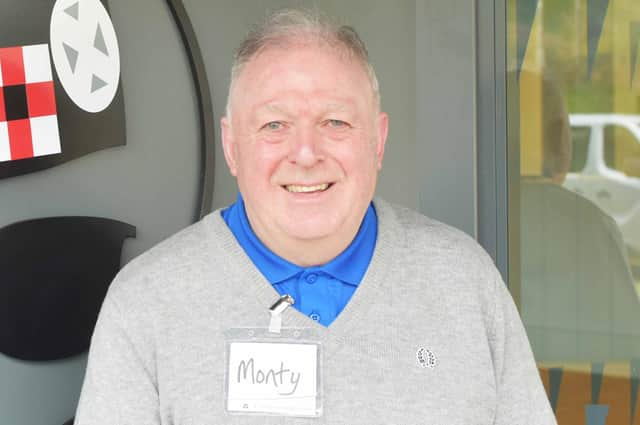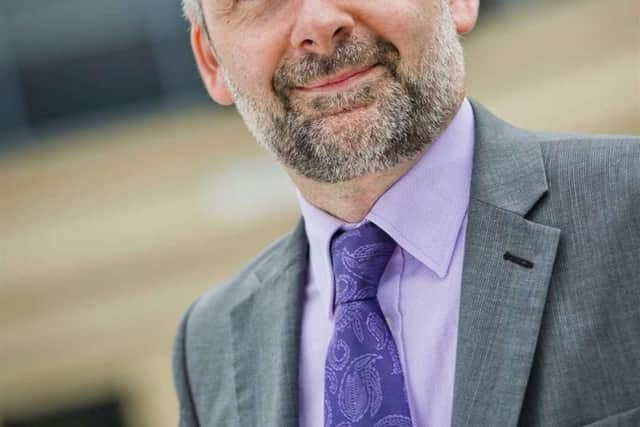Not enough done during pandemic to help blind and partially sighted people - Mark O'Donnell


For those who were able to venture out during the pandemic they faced managing social distancing with partial or no vision, coping with one way systems in supermarkets they couldn’t see and when they struggled too many were met not with kindness but abuse.
We must hope we never have to go through such a pandemic again in our lifetimes. But the reality is that, extraordinary and dreadful as the experience of coronavirus has been, a similar outbreak could occur in the years to come. When the vaccination programme finally allows us to move on as a society from coronavirus, it is important we remember how blind and partially sighted people were affected disproportionately at this time. Not enough was done to protect their rights to access support services and simply to go out and about in their communities. We must learn from this experience so we are better prepared in the future.
Advertisement
Hide AdAdvertisement
Hide AdOne of the most difficult problems experience by blind and partially sighted people during lockdown was loneliness. We researched the experiences of visually impaired people during the pandemic, with over 400 blind and partially sighted people taking part in our survey. This was the biggest survey of the views of people with sight loss on the impacts of the pandemic. Our research, carried out over the summer, found 70 percent of those who participated said their sight loss had made lockdown a worse experience, and over 40 percent said they were still not confident about going back into the community with social distancing measures in place. This means that thousands of people living with sight loss were effectively trapped at home - and this was in the summer months before more severe restrictions were introduced in the autumn.


At Sight Scotland we are also conscious that before we can look forward to spring and the hopes of moving forward from social restrictions, we will first need to deal with a Christmas where we will not be able to enjoy the company of friends and family as freely as we are used to. Many charities have highlighted how Christmas can be a particularly lonely and difficult time for many groups of people. This is certainly true for many blind and partially sighted people, whose sight loss places them at increased risk of social isolation. We heard from William ‘Monty’ Montgomerie, a veteran with sight loss who receives support from Sight Scotland Veterans, of his experience of loneliness. Monty told us: “The biggest danger of loneliness is how it makes you feel about yourself. The reality is that you might only speak to your Alexa device for days at a time – wishing her a Merry Christmas and no-one else. It can make you feel suicidal.”
Sight Scotland has set out a new vision for the future where we provide support to many more of the 180,000 visually impaired people living throughout Scotland because we believe it is vital they are supported, not isolated, and included, not excluded in our communities. As the call goes out for us to ‘build back better’ after all the trials of the pandemic, it is vital we build a better, more inclusive society for blind and partially sighted people in Scotland.
Mark O'Donnell as Chief Executive of Sight Scotland and Sight Scotland
Comments
Want to join the conversation? Please or to comment on this article.